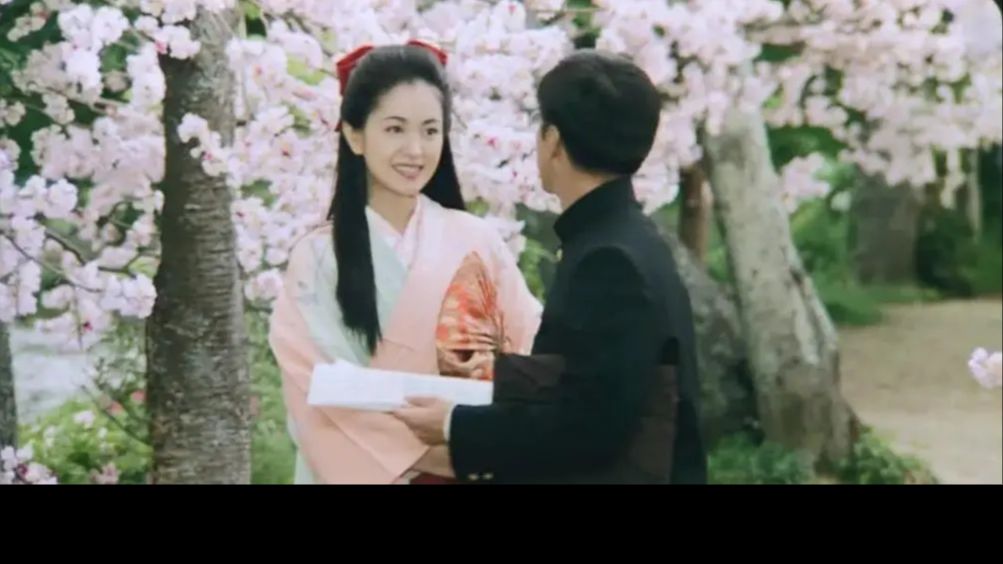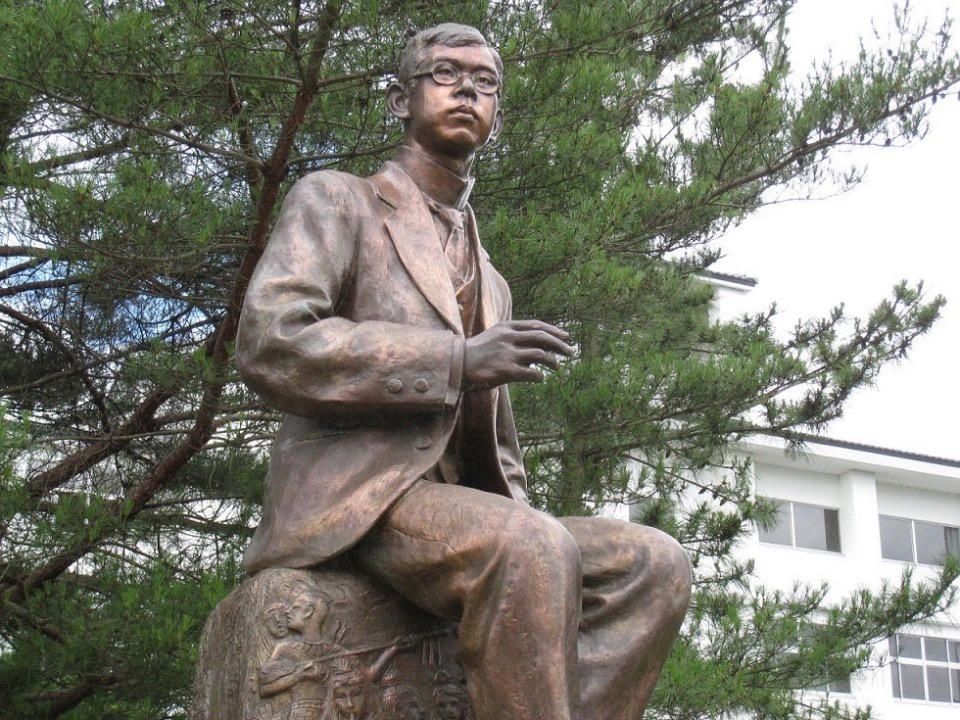
A genius composer in the Meiji period of the Meiji period (1879-1903), his most well-known song "The Moon of the Wastel City". "Pavilion" was selected as "Middle School Singing" textbooks in Tokyo Music School in 1900. In addition, he also wrote a lot of nursery rhymes and primary school chorus songs.
Takilian Taro's family was the head of the family members of the Lord of the Ratinnoma (now Daxian County), but in the era of Liantaro's father, the Mu Fan system collapsed. Bowen and other major politicians have served as central officials, and then transferred to local officials. He served as the official official of Kanagawa Prefecture and the secretary of Toyama Prefecture, and finally returned to his hometown of his hometown.
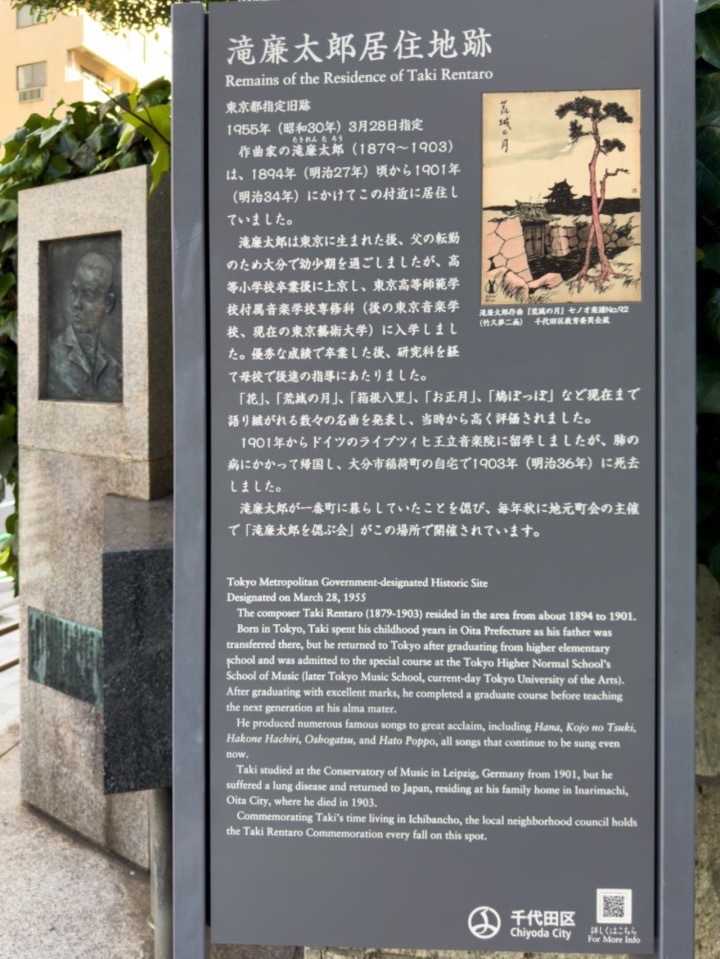
Liantaro moved to Yokohama when he was 3 years old. At that time, Yokohama had opened the railway, and there were gas lamps. Western cultural relics flowed in in full swing. It is said that Lian Taro's sister also learned western -style sewing and knitting with foreign women, and also learned violin and accordion. The influence of this period determines the direction of Lian Taro's future progress. At the age of 12, his father was ordered to be the head of Daxian County to the county and county, and the family moved to Zhutian -cho (now Zhutian City) to live. Zhutiancho is the place where Okama is, and Okama is also the material of "The Moon of the Wastel City". Liantaro spent two and a half years in Zhutian.
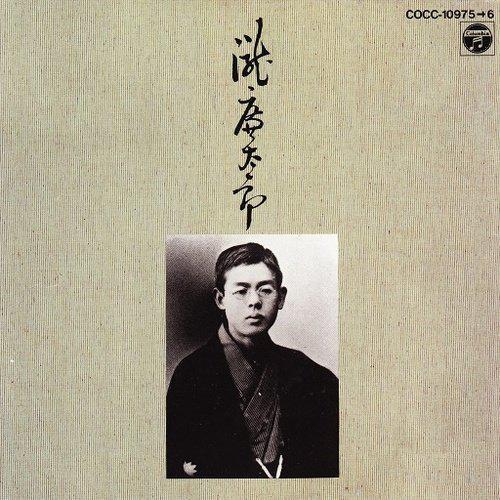
In 1894, when Lian Taro was 15 years old, he entered Tokyo Music School (now Tokyo National Art University) to study. In 1899, he graduated with his chief score and advanced to the research department. In the era of research, he left many masterpieces. In 1902, Liantaro was admitted to the Royal Academy of Music of Leipzig in Germany, and his future was unlimited. However, after two months of going abroad, he fell due to tuberculosis and had to return to China with a Japanese doctor. Lian Taro returned to Japan, after returning to Japan, raised illness in Divon County's parents, and eventually died on June 29, 1903. A song "Copy" was left before dying.
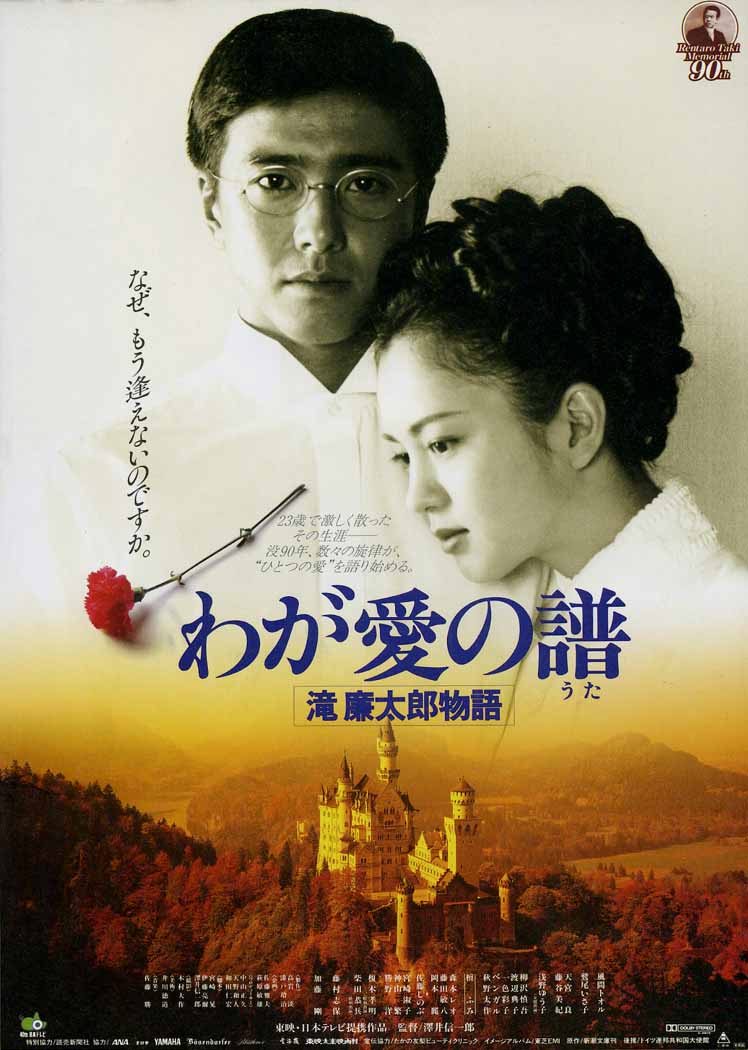
The film "The Song of My Love: The Story of Takilian Taro" (1993) captured a little -known love story. In the 28th year of Meiji, he was admitted to the Tokyo Conservatory of Music. The former is both his friend and his academic competitors, and the latter is his conscience and the woman he admires. He was determined to study hard like his predecessor Suzuki, but he had to go back to his hometown and recuperate. At this time, the maid Fu Mi had a love for Lian Taro, but Liantaro did not notice it. He returned to school slightly in his body, coincided with Koy Tianyan, who returned from studying abroad, held a report performance and created the "Four Seasons" for the new singing campaign, which made Liantaro's envy and jealousy.
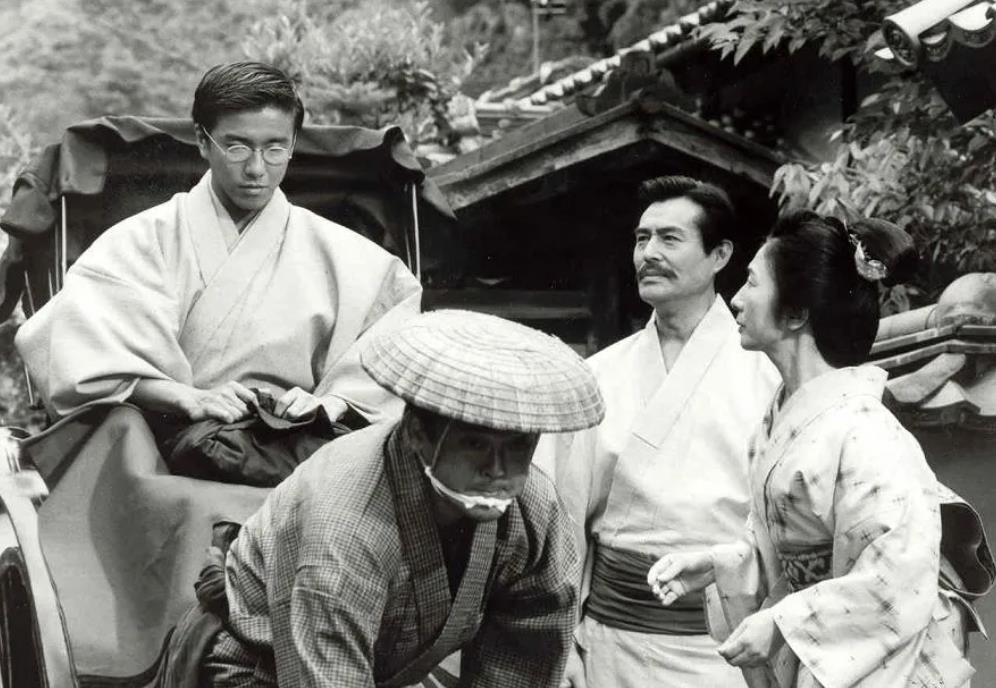
At this time, the father of Suzuki Suzuki fell ill, and Suzuki dropped out of school halfway. Liantaro felt that he lost his goal and was frustrated for a long time. Soon, under the recommendation of Kakuga Yan, Nakano Xue went to Berlin for further studies. In the 34th year of Meiji, Liantaro also came to study at the Leipzig Conservatory of Music in Germany and met Nakano. The two of them got along with each other and learned their skills together, but their relationship was sublimated. At this time, Lian Taro unfortunately had tuberculosis, he did not tell Nakano's condition, but just said "I want to write a piano song for you" and quietly return to Japan. Lian Taro wrote the piano song "Regret", and the ruthless illness also took his life. That year he was only 23 years old.
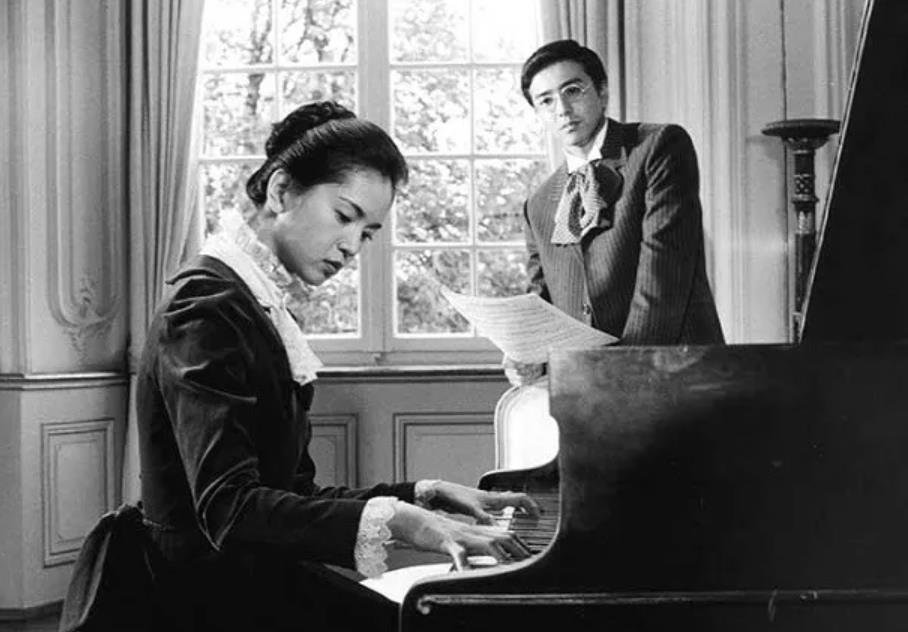
The death of Yingcai is regrettable, and the feelings of beginning and endlessness have made this layer regret falling into the empty emptiness. The director is a master who is good at controlling the film layout. His strategy is to set up the personality of the protagonist through the characters around the characters, and then every shot he shot is full and full. Repeatedly faded out, all of which are the magnetic field with music as the main body. The music in the film is intertwined with the plot, which makes the sorrow of the soft intestine expand unlimitedly.
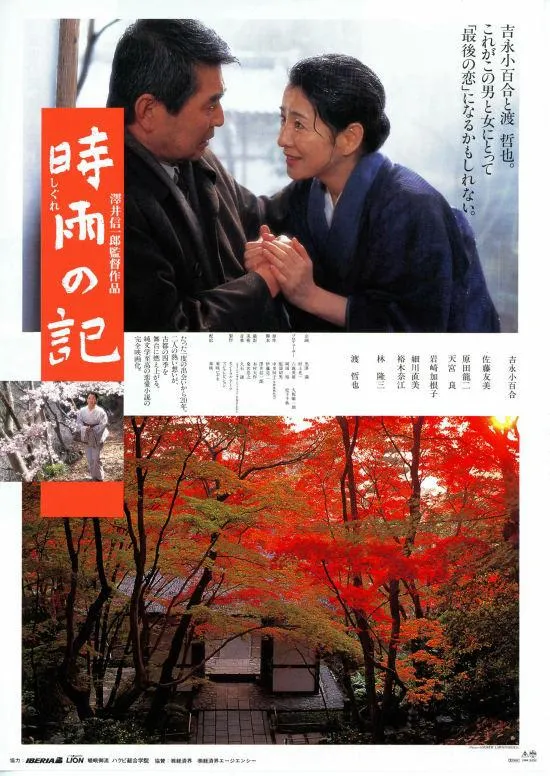
In 1998, the "Reex of the Rain" shot by Shitaro Ichiro, Sawai, told an emotional story with no effect, describing a middle -aged man who encountered a woman who was in love 20 years ago. Occasionally, the construction company specialized at a party to build the company Ren Shengxiaozhizhu (Watsuya also) and met the long -awaited Toshikawa Tota (Ji Yong Xiaoli). Since then, Ren Sheng frequently visited Dujiang's house and invited her to eat. Duojiang, who was widowed in Kamakura, gradually fell in love with Ren Sheng.
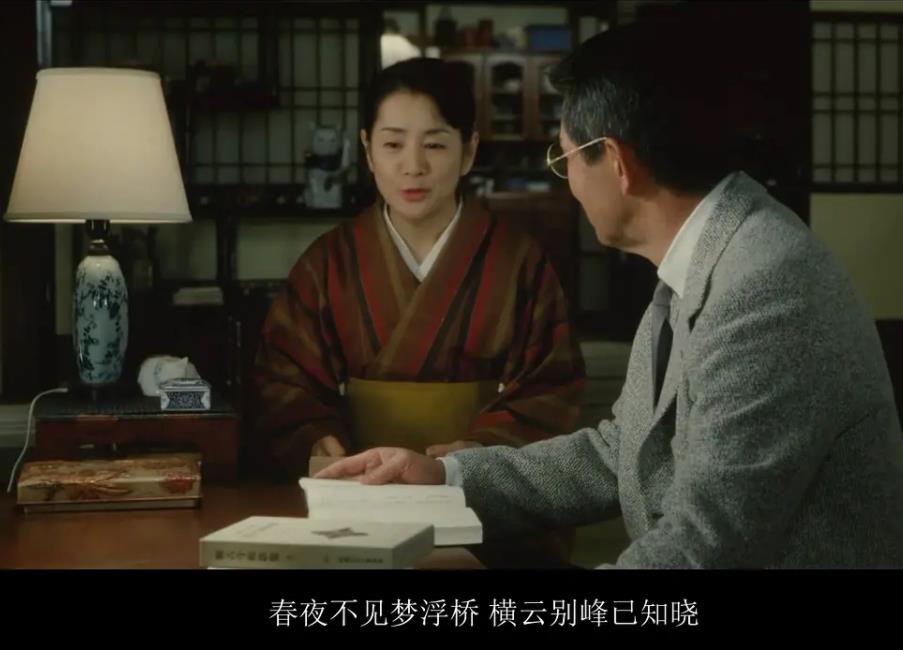
The two went to Kyoto together to visit Chang Ji Temple, and they had to build a tanker near Shiyu Pavilion. Ren Sheng had a heart attack and was hospitalized. Dujiang, who was visiting, met Ren Sheng's wife Jiazi. Duojiang decided to leave Ren Sheng and follow the flower arrangement teacher to Kyoto. Ren Sheng and Jiazi were married. He came to Kyoto and met Duojiang in Shiyu Pavilion. However, Duojiang, who hurried, found that Ren Sheng covered his chest and fell to the ground. Soon after, Ren Sheng died. His friend Zhuang Tian brought Dujiang's design drawing. When the spring flowers bloom, Duojiang visits Kyoto full of memories of the two ...
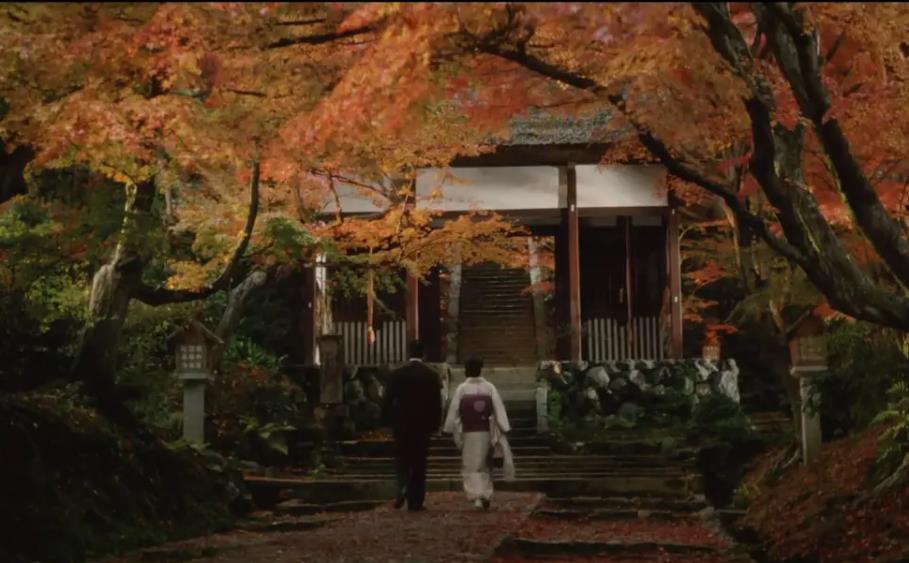
Most of the films selected the story of the story in ancient capitals such as Kamakura, Kyoto, and Nara. The historical buildings and natural landscapes full of ancient rhymes show the picture of the film to show a elegant and quiet beauty. At the same time, the film has also been interspersed with reports about Emperor Showa, which reflects the rapid development of the post -war economic recovery in the late Showa period. The principle of action also reflects the spirit of the times at the time, which makes the film a deeper meaning.
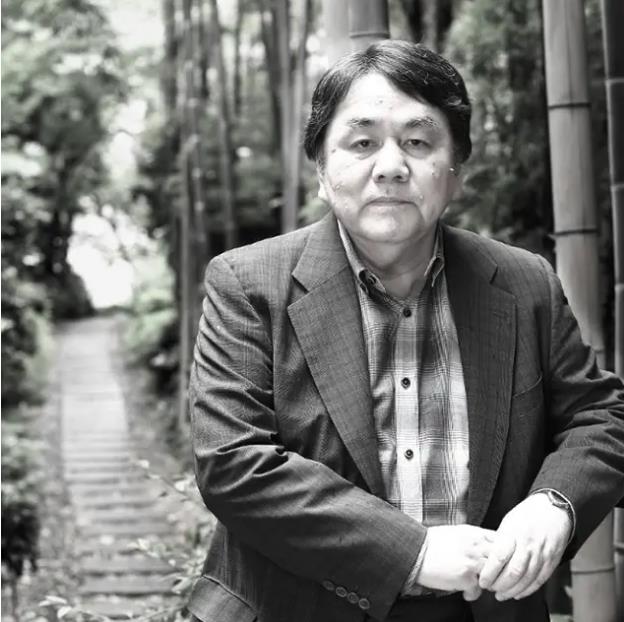
① Akagawa Tiro, born in Kyushu, Japan in 1948. His father worked at Tokyo Film Company. After graduating from high school, he was admitted to the university and went to a school to be a school. At that time, he fascinated the detective novel. Conan Douer became his literary enlightenment teacher. At the age of 28, he was published in "Ghost Train" and won the Japanese Newcomer Award. Since then, he has not been confession. By the early 1990s, he published hundreds of detective reasoning novels, and almost every book was a best -selling book. Chuanjiro's youth school reasoning novels have a large group of young readers.
His novels have also been adapted into movies and TV series many times. Like "Sailor Services and Gear Guns" in 1981, it was adapted from Ai Michenji to a movie of the same name. TV series, played by Nagasawa Masami as Xingquan. Starring the pharmacist Maruko Kazaka and Matsuda, "Detective Story" (1983), shot by Yosho Kitano, "Early Spring Story" (1985) starring Harada Taki Shi, and the movie "The Mystery of the Wedding Case" filmed by Matsumi Yonghao (1985). , Are based on his novel of the same name. His novel adapted TV drama works include "Four Sisters Detective Group", "Miss Guide Miss Yin Yang Eyes", "Ghost Bus", "Weekly Chichuan Tiro" and so on.
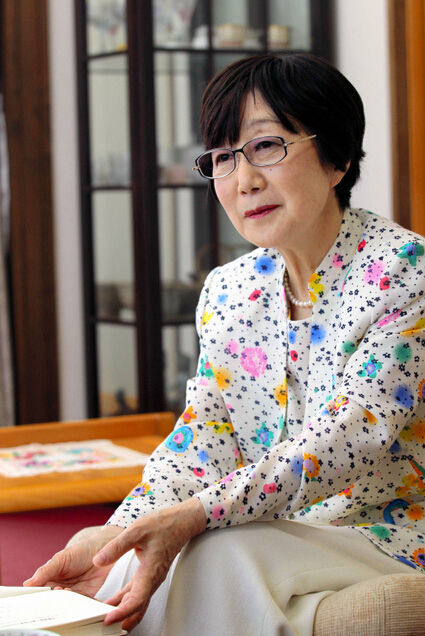
② Xia Shi Jingzi, pseudonym, Ifra, Yirai, was born in Japan on December 21, 1938. During the study of the Department of Literature of the University of Yingying University, his long -term works won the Japanese "Edo Sichuan Walker Endless Award", and the work "Evaporation" won the 26th "Japan Inference Fiction Association Award". After that, she was active in the Japanese literary world with many outstanding works. Representative works include "The Tragedy of W", "The Tragedy of C", "House of Light", "Lost", "Mist Bing", etc. Xia Shu Jingzi is known as the "Japanese Social Piece Inference Fiction Female Banner".
